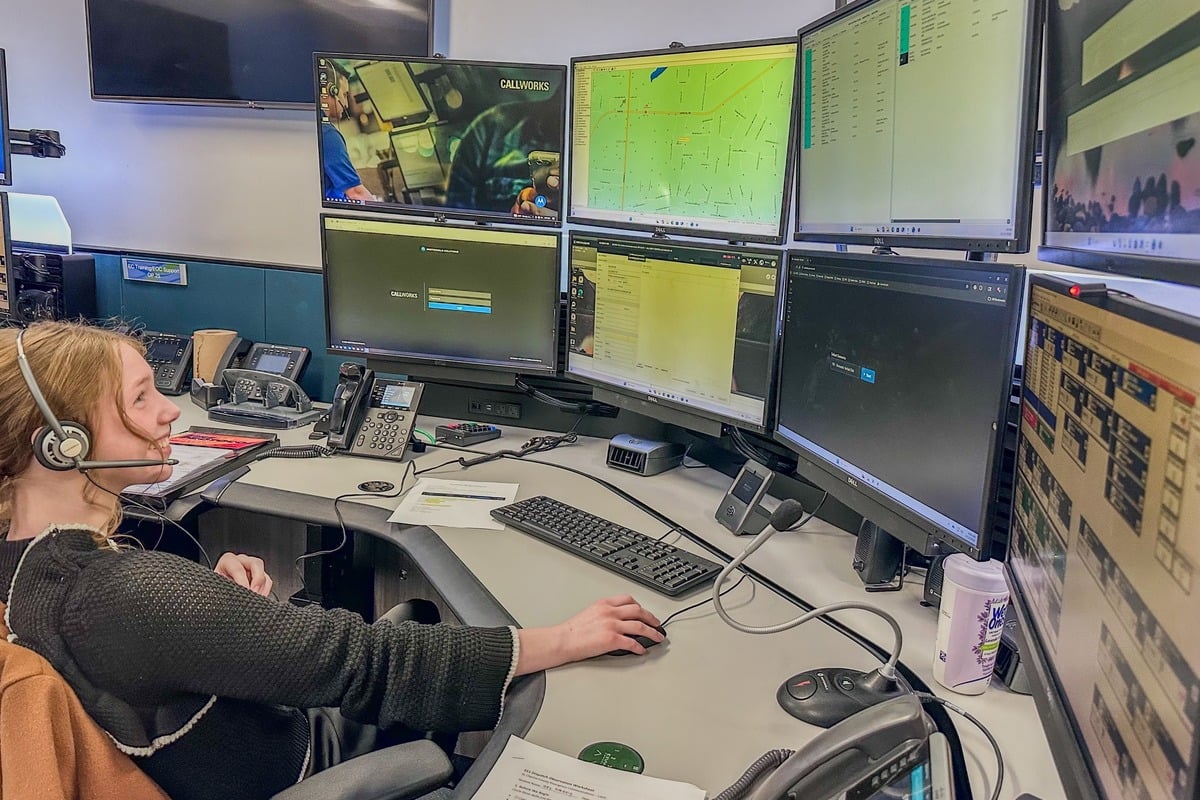Funicular Cable Failed Before Lisbon Crash, 16 Confirmed Dead

UPDATE: A critical development has emerged from the tragic funicular crash in Lisbon that resulted in 16 fatalities earlier this week. Inspectors have confirmed that a cable disconnect occurred moments before the accident, raising urgent questions about safety protocols.
According to a report released by Portugal’s air and rail accident investigations bureau (GPIAAF), the cable linking two cabins failed shortly before the deadly incident. This shocking revelation comes just hours after the cable had passed a routine visual inspection that reported no anomalies in the braking systems or cables. However, the section of cable where the failure occurred could not be visually inspected prior to the crash.
The funicular was traveling at a speed of 60 kilometers (37 miles) per hour when it plummeted, with the entire sequence unfolding in just 50 seconds. Among the deceased, 11 foreign nationals have been identified, including three Britons, two South Koreans, and one American. The tragedy also claimed the lives of four employees from a local social care institution.
Emergency services reported that approximately 20 people were injured, including at least 11 foreigners, amplifying concerns over public safety in the wake of the incident. The dual investigations currently underway – one by GPIAAF and another by the prosecutors’ office – aim to uncover the precise causes of this horrific event. GPIAAF has committed to releasing a preliminary report within 45 days.
Local media have speculated about potential causes, including ruptured high-tension cables and the maintenance practices of Carris, Lisbon’s public transport operator. Pedro Bogas, the head of Carris, has defended the company’s maintenance policies, asserting that all procedures were diligently followed.
Reports indicate that the number of passengers utilizing the three funiculars operated by Carris surged by 53% between 2022 and 2024, reaching 1.5 million passengers last year. This increase in ridership heightens the urgency for thorough safety evaluations.
As investigations continue, residents and tourists alike are grappling with the emotional aftermath of this tragedy. The community is mourning the loss of life while demanding accountability and transparency from local authorities.
Stay tuned for more updates as this story develops. The implications of this tragedy extend beyond Lisbon, raising critical questions about transportation safety standards worldwide.






